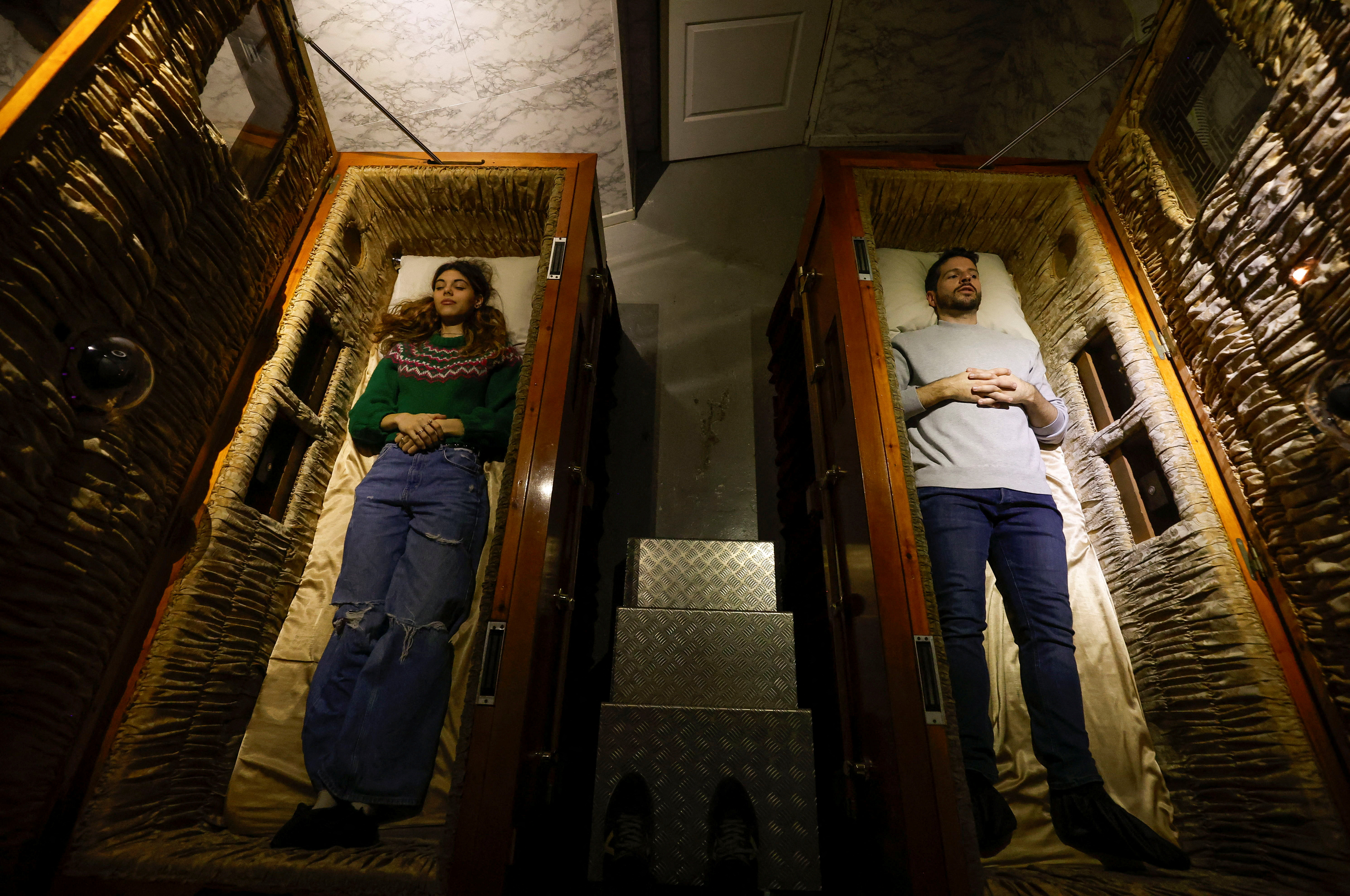Best Escape Room-- Test Your Abilities and Address the Secret
Best Escape Room-- Test Your Abilities and Address the Secret
Blog Article
Team Techniques: Just How to Team up Efficiently in a Retreat Space
Groups should actively pay attention to each member's understandings, assign duties that align with individual toughness, and keep normal check-ins to make certain emphasis and stop redundancy. By fostering a setting that values cohesion and flexibility, groups can dramatically enhance their effectiveness and success prices.
Establish Clear Communication

To assist in clear interaction, it is crucial to designate a main factor of contact for details circulation. Short, focused updates from each team member can maintain the team educated without overwhelming them with details.

Designate Functions Purposefully
While clear communication establishes the foundation for effective teamwork, designating roles purposefully makes sure that each staff member's staminas are utilized efficiently. In a retreat space situation, the time-sensitive and complicated nature of difficulties requires an efficient approach to task delegation. By determining and leveraging specific proficiencies, groups can optimize their analytical abilities and improve general efficiency.
First, evaluate the unique abilities and features of each individual. Someone with a keen eye for detail might stand out in locating covert items, while a rational thinker could be better matched to addressing puzzles. It's similarly crucial to have a leader that can oversee progression, manage the timeline, and make crucial phone calls when essential. This duty typically calls for strong organizational and social abilities.
2nd, ensure that duties are adaptable and versatile. As new challenges arise, the team must have the ability to pivot, reapportioning tasks as called for. This adaptability helps keep energy and protects against traffic jams that can occur due to stiff role assignments.
Inevitably, a critical method to duty assignment not just maximizes the strengths of each employee yet also cultivates a cohesive environment, driving the group in the direction of an effective retreat.
Use Diverse Abilities
Identifying and using the diverse skills within your team can substantially boost your efficiency in a retreat space. Each employee brings one-of-a-kind staminas to the table, and successfully leveraging these abilities can quicken problem-solving and enhance overall effectiveness. As an example, a staff member with solid logical abilities could excel at understanding complex codes or patterns, while another with keen observational capacities may quickly spot surprise clues that could forget.
Efficient interaction is vital to utilizing these varied skills. Urge staff member to voice their understandings and concepts promptly, website link ensuring that all potential solutions are taken into consideration. This inclusive approach promotes a dynamic setting where creativity and vital thinking can thrive. Furthermore, assigning jobs that line up with each participant's strengths can prevent traffic jams and ensure that progress is continual.
Additionally, variety in abilities typically converts you could look here to variety in assuming styles, which is indispensable in a getaway area setup. While some difficulties might need rational thinking and precision, others may take advantage of imaginative and association of ideas. By recognizing and leveraging this diversity, teams can deal with a broader variety of difficulties better, consequently boosting their chances of an effective retreat.
Manage Time Successfully

First, designate preliminary minutes for a quick survey of the room. Determine noticeable problems and separate jobs based upon group participants' staminas, ensuring that nobody is idle. Set internal time checkpoints to examine progression occasionally; as an example, objective to have half the puzzles addressed by the mid-point of the game. This technique can help keep the team focused and avoid time from escaping undetected.
Additionally, prevent tunnel vision. If a problem is taking as well his comment is here long, turn group participants or carry on to an additional difficulty, returning later on with fresh viewpoints. Communication is extremely important-- maintain every person updated on resolved problems and staying tasks to prevent repetitive efforts.
Lastly, make use of any tips or ideas sparingly yet purposefully - best escape room. Recognizing when to ask for aid can conserve important time. By sticking to these time administration concepts, teams can dramatically enhance their chances of an effective and satisfying escape area experience
Debrief and Reflect
Reflection is a crucial aspect of group development and enhancement in the context of retreat spaces. When the challenge is finished, whether efficiently or not, it is crucial for the group to participate in an organized debriefing session. This process allows employee to analyze their efficiency, determine strengths, and identify locations for enhancement.
Begin the debrief by reviewing what worked out. Highlight specific circumstances of efficient interaction, analytical, and cooperation. Identifying these positive behaviors enhances them and urges their repetition in future challenges.
Next, address the obstacles experienced. Discuss moments of complication, miscommunication, or ineffective strategies. Urge an open and useful dialogue where employee can share their viewpoints without fear of criticism. This cultivates a society of continuous improvement and understanding.
Verdict
Finally, effective cooperation in a retreat space is based upon clear interaction, calculated duty projects, the efficient application of diverse skills, and skillful time administration. Regular check-ins and organized debriefings are necessary for preserving focus and cultivating continuous improvement. By creating a natural and flexible team setting, the probability of efficiently solving challenges and accomplishing the objective of getting away the room is dramatically improved. This method not only makes certain success yet also promotes cumulative development and understanding.
Report this page